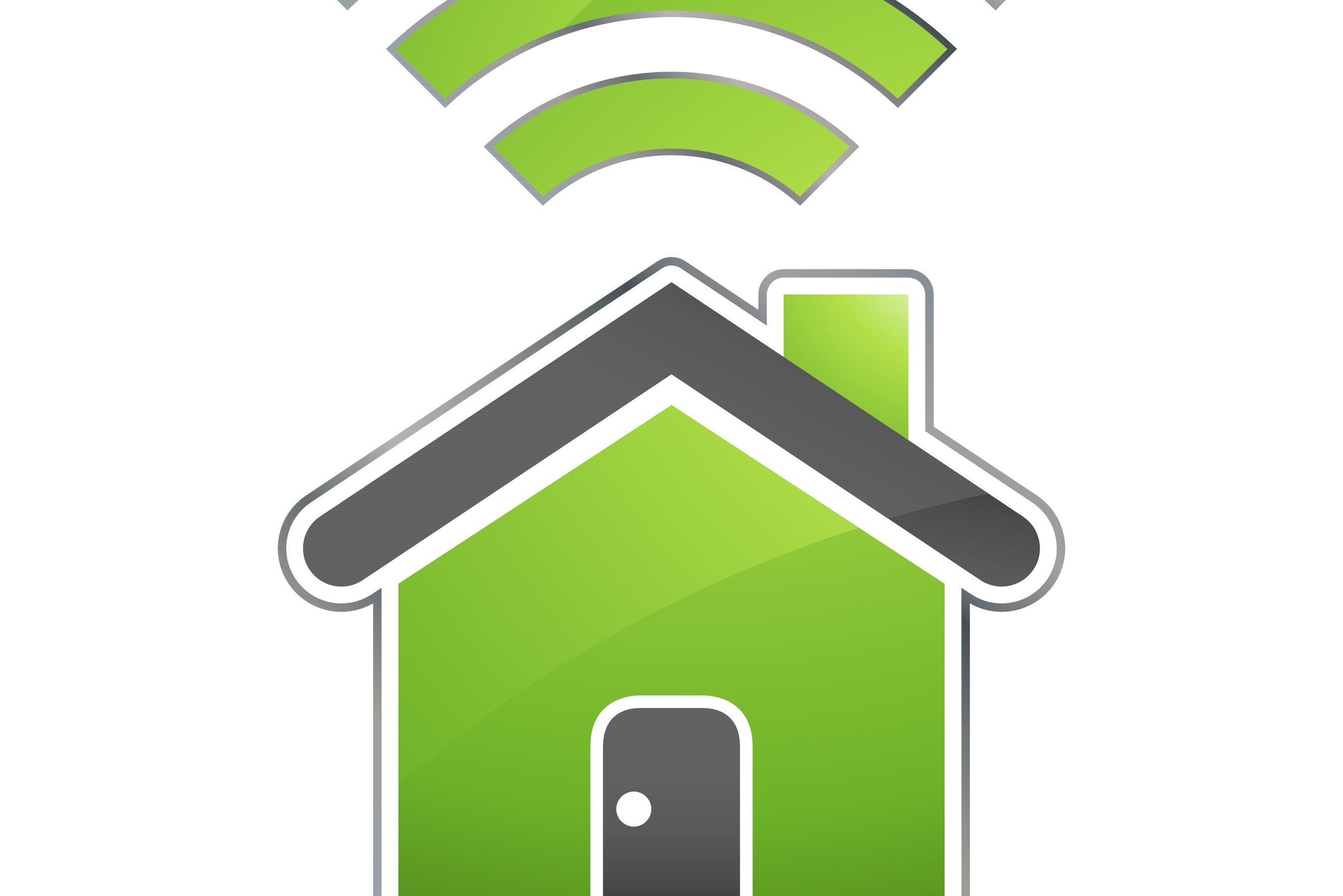Google tops Greenpeace Cool IT list
Greenpeace may be pleased with Google's progress, but the rest of the industry isn't doing enough, according to the pressure group.

Sign up today and you will receive a free copy of our Future Focus 2025 report - the leading guidance on AI, cybersecurity and other IT challenges as per 700+ senior executives
You are now subscribed
Your newsletter sign-up was successful
Greenpeace has revealed the results of its Cool IT Leaderboard for 'greenest' technology company, and it's Google in the lead running ahead of 20 other companies.
Google received an overall high score of 53 out of 100 with the highest marks for its IT energy impact mitigation strategies and increases in political advocacy.
According to the full report from Greenpeace, Google plans to increase its use of renewable energy from 25 per cent in 2011 to 35 per cent in 2012. Greenpeace gave Google high scores for its direct investments in large-scale renewable energy resources such as offshore wind transmission and geothermal energy.
It is disappointing that the industry as a whole is failing to fulfill its potential.
Google also plans to increase current renewable energy purchasing from 25 per cent to 35 per cent of its total energy use.
However, what really set Google apart from other companies in the race, including big names like Cisco and HP, was its impressive increase in political activity and lobbying for greener practices.
"Along with Vodafone, Google was the only other Leaderboard company to clearly support the strengthening of the EU's current 20 per cent greenhouse gas target to 30 per cent by 2020," the report read.
Sign up today and you will receive a free copy of our Future Focus 2025 report - the leading guidance on AI, cybersecurity and other IT challenges as per 700+ senior executives
Google also lobbied in support of stronger energy efficiency legislation in California, which was opposed by industry trade groups.
The US remains the number one electricity consumer in the world.
Overall however, Greenpeace was very disappointed with the political performance from tech companies.
"Unfortunately there was a notable drop in scores on political advocacy across the industry," Gary Cook said in his Greenpeace blog.
"With the urgent need for cuts in global greenhouse gas emissions, tech firms are failing to speak up against those dirty energy companies guilty of stalling climate change policy at all levels of government."
Although Google came out on top in the IT Leaderboard, Greenpeace was disappointed with Google's decision to delete its PowerMeter platform.
"PowerMeter provided an easy way for customers to track and manage their electricity use in their home in real time if they had an energy monitor or an electric utility that supported the PowerMeter web portal," the report read.
While Google's efforts have been well received the industry still has a long way to go, according to Cook.
"The industry's energy footprint is growing, and with so many new communities gaining access to mobile phones, tablets, and green building techniques that use innovative IT technology, it won't be decreasing anytime soon," he said.
"While it is exciting to see the leadership by some of the companies on the Leaderboard, like Google, it is disappointing that the industry as a whole is failing to fulfill its potential."
-
 ITPro Best of Show NAB 2026 awards now open for entries
ITPro Best of Show NAB 2026 awards now open for entriesThe awards are a fantastic opportunity for companies to stand out at one of the industry's most attended shows
-
 Mistral CEO Arthur Mensch thinks 50% of SaaS solutions could be supplanted by AI
Mistral CEO Arthur Mensch thinks 50% of SaaS solutions could be supplanted by AINews Mensch’s comments come amidst rising concerns about the impact of AI on traditional software
-
 Microsoft helps protect Amazon rainforest with AI project
Microsoft helps protect Amazon rainforest with AI projectNews Microsoft AI for Good project funds rainforest protection project
-
 Microsoft’s “moonshot” climate initiative nets 6% carbon reduction
Microsoft’s “moonshot” climate initiative nets 6% carbon reductionNews Executive pay will be partially based on environmental performance in 2021
-
 Apple pledges to be 100% carbon neutral by 2030
Apple pledges to be 100% carbon neutral by 2030News “Businesses have a profound opportunity to help build a more sustainable future,” said Apple CEO, Tim Cook
-
 Apple makes $850m solar energy commitment in California
Apple makes $850m solar energy commitment in CaliforniaNews Apple will use solar energy to power retail stores, datacentres and office spaces
-
 Apple calls on companies to copy its stance on green issues
Apple calls on companies to copy its stance on green issuesNews Apple has taken out full page ads, urging firms to follow its lead on becoming environmentally friendly
-
 Apple's green U-turn welcomed by EPEAT
Apple's green U-turn welcomed by EPEATNews Consumer electronics giant admits removing products from environmental registry was a "mistake".
-
 Cambridge receives six-figure Google research grant
Cambridge receives six-figure Google research grantNews The search giant today announced funding of $5.7 million for a variety of research projects, with Cambridge the only non-US university to benefit.
-
 Carbon researcher never mentioned Google
Carbon researcher never mentioned GoogleNews The scientist whose research was picked up an example of Google's threat to the environment slams the journalists involved for some of the claims made in their story.